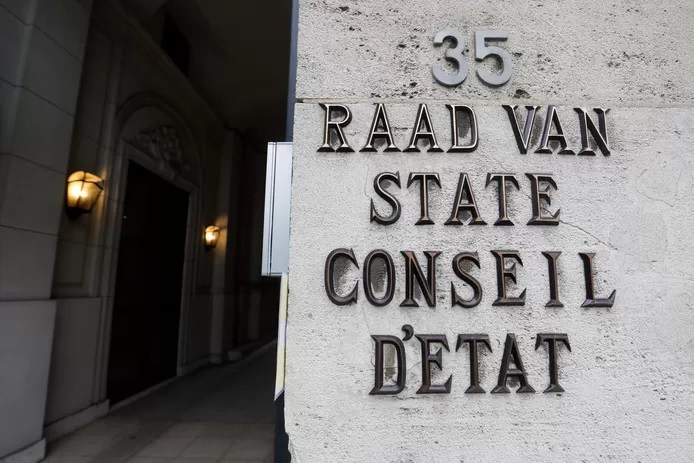A group of legal experts has issued a call for a specific law to back up future measures taken to fight the coronavirus, criticising the government for taking drastic measures with only flimsy legal backing.
The measures that come into force today will have a serious effect not only on the personal freedoms of the public, but also on many businesses, whose freedom to trade is curtailed for the coming weeks.
However the legal basis for introducing those measures is lacking, according to a group of legal academics, in an open letter in De Standaard.
“The constitution requires parliament itself to decide on far-reaching restrictions on fundamental rights,” the letter states.
“The legislation relied on by the government was not at all intended for the long and drastic curtailments we now know. Still, the government stubbornly continues to move forward with ministerial decrees.”
In general, laws in Belgium are enacted by Royal Decree, where governmental decisions approved by parliament become law with royal approval (a ceremonial procedure). The ministerial decree, which was originally intended as a fast-track measure to regulate details of a law which concerns one department, was adopted as an emergency procedure at the beginning of the crisis to allow the government to act quickly.
In the meantime, however, Belgium has had ample time to follow the example of the Netherlands, and bring in a specific law on matters relating to the coronavirus. That law would have parliamentary approval, as the constitution requires, and would provide a framework for future protective measures, the professors argue.
The question arose this weekend, after a police court in Charleroi and the court of appeal in Brussels raised questions about the legality of the measures that come into force today.
The legal basis offered by the government since the start of the crisis is a law from 2007 on civil protection, intended for short-term emergency situations such as fires or release of nuclear material.
The Council of State, whose job is to oversee the legality of all government actions, found that the emergency situation the country is in was sufficient basis for the measures, and for the penalties attached to failure to obey.
The academics disagree.
“It is disturbing that the Council of State is now giving the impression that the government is right,” they write.
“The Council's policy is clear. They say: ‘We will not obstruct the government, even if it is at the expense of the constitution and the democratic constitutional state’.”
Alan Hope
The Brussels Times

